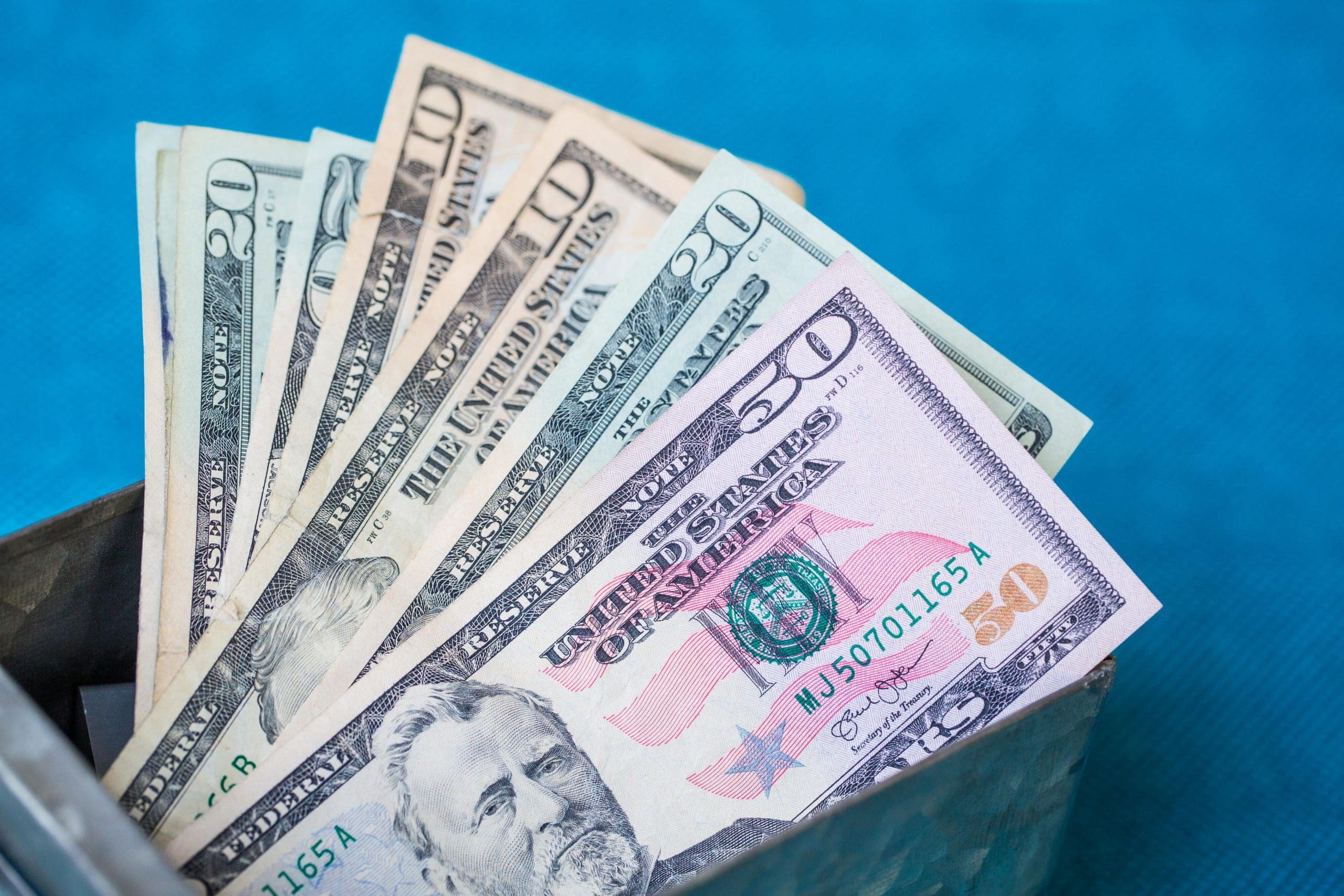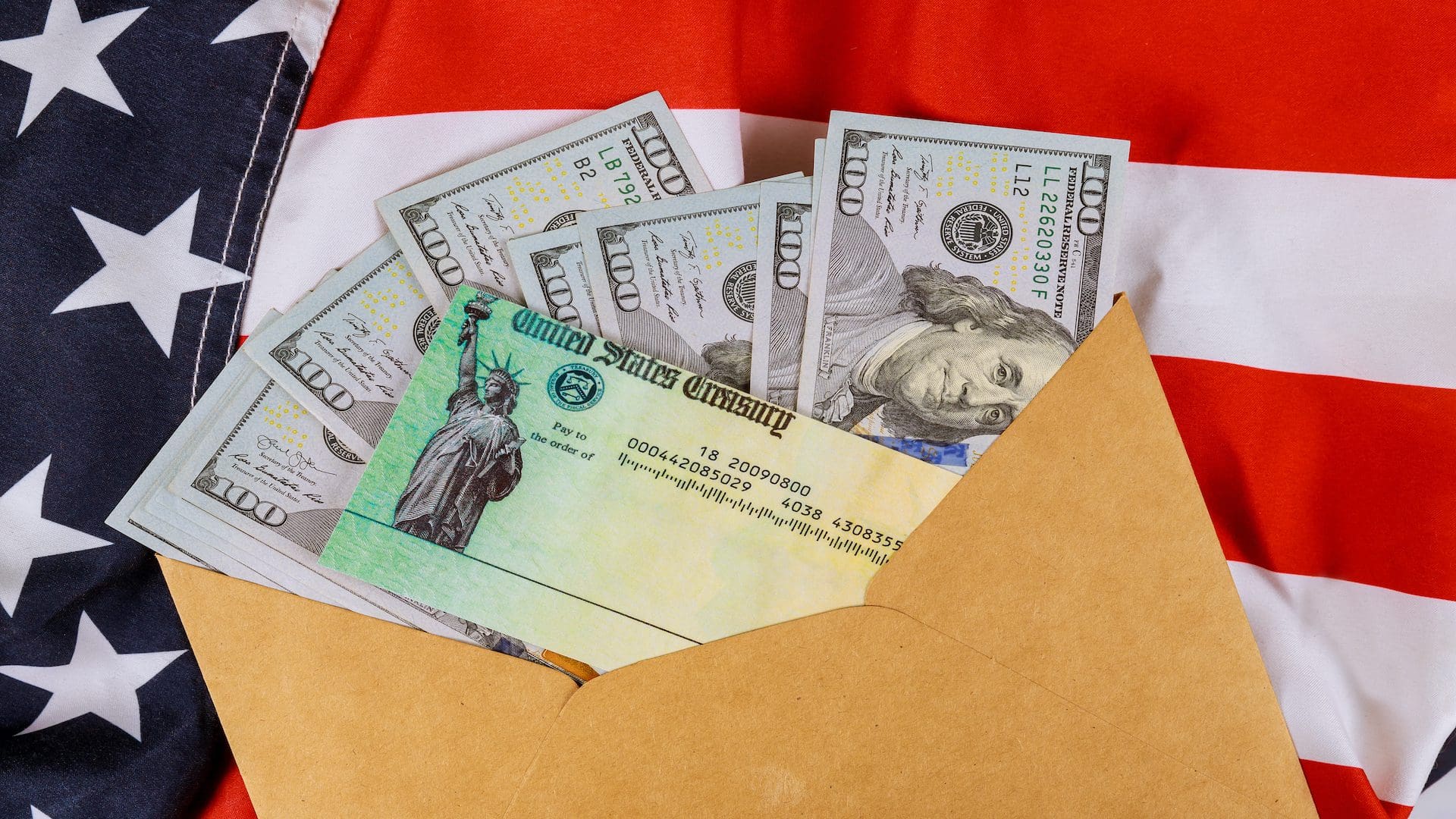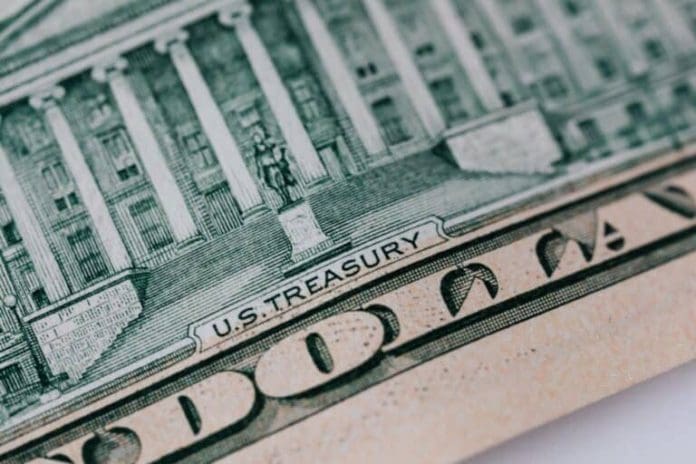The COVID-19 pandemic was the greatest challenge faced by man in recent times and has shaken America to the core. The accompanying economic downturn shows no sign of letting up. And as with past recessions, it has hit low and moderate-income families the hardest. The stimulus checks were a lifesaver but did not add up to much, especially if you did not save at least a part of it for the future.
As in past downturns, even the middle class was not insulated from the effects. The pandemic has hit household affordability, strained home budgets, and upset every plan for at least a decade. But despite the uncertainty, families have managed to save a part of the money they got from the stimulus checks sent by the federal government.
The federal support has been substantial while it lasted. Even state support has not been way behind either. So if you are still in line for some payments, or have managed to set aside a part of what you have received, here is how you can still invest the money wisely.
Taking Care Of The Basics First With Your Stimulus Check Amount
While considering ways in which you can stretch the money you have received, make sure you take care of your basics first. If you have debts against credit cards or other such high-interest debts or even a depleted emergency fund caused by the stress of the pandemic, first pay off such credit cards and other high-interest balances with your stimulus check amount. This will stem the outflow of funds to a large extent. Such hidden or unseen costs are the most debilitating when it comes to personal finances.
Do Not Consider Your Stimulus Check A Spending Money
The best way to save the stimulus check amount is to put it straight into your savings account and refuse to touch it. If you do, you will be sure to spend it frivolously on items that you could have done without an emergency financial situation. Consider this stimulus check as survival money. Money that you will need in the future for health insurance, or to first clear your debts. You should ensure that you file it away for such uses.

Your stimulus check is an emergency fund that you take seriously and is not gift money for a new dress. If you do not have a consistent income coming in right now, first use the stimulus check to cover essential bills and debt obligations. Essentials include food, utilities, housing, life insurance, and medical insurance.
As for debts, including car payments and credit card balances, it is important that you pay at least the minimum on your balance. And for credit cards, paying the minimum is never enough. The interest they charge is way higher than you get from any bank. And in the eventuality that you end up owing fees and extra interest, your credit score gets negatively impacted. That could cause trouble when you apply for loans that you really need.
So if you manage to have some money left over after covering the essential and minimum payments, start chipping away at the remaining debt, especially anything with high-interest rates. Ideally, you should be making payments in full in each billing cycle. They help you avoid being in debt longer and racking up extra interest. If you plan to stretch your stimulus check to the maximum extent possible, budget the money you have left if you are out of a job during the post-pandemic economic downturn.
Living Paycheck To Paycheck
If you are able to cover the bare necessities and debt obligations with the paycheck, but have little money to save left over at the end of the month, use the one-off stimulus check payments to start an emergency fund or add to the existing one.


Ideally, you should have a bare minimum of 6 months of expenses set aside for emergencies. Even if you have it set aside, it is still advisable in such troubling times to set aside the maximum you can. Any extra dollar is of great help during emergencies. Just keep away from all forms of discretionary spending, including electronics, entertainment, or any other expenses that you can do without.
If you are living well within your means and have fully provided for an emergency fund for at least 6 months of expenses, use the stimulus check to start a long-term saving plan. And if you are sure you do not need it in the near future, go for longer-term savings. And it is a great time to invest in equities, but you might need the advice of an expert.
Investing in the stock market is especially advisable if you are younger and have a long time horizon. It is also prudent to invest in taxable brokerage accounts. That will ensure that the funds are always accessible if you need them.
If you are comfortable and have ensured for the future, one option would be to donate a part of your stimulus check income to charities. The economic downturn has hit households hard across the US, any support given to charities or directly to families you know would always be a help. Give to your favored charities or those in your community who are in a less fortunate position during the downturn.
If you feel that a career change is imminent or actively seek a change of jobs and are transitioning to a fresh field, consider your stimulus checks as a transitional emergency fund.
Having dedicated financial backing in such periods of upheaval and uncertainty can ease any stress. It also provides you with much-needed flexibility that you might need for your future arrangements.
You could also consider investing in financial education. Invest a part of your stimulus check in catching up with your financial education. Books and financial courses are valuable to get insight and formulate strategies that will optimize your emergency funding. They help manage your financial part more effectively and also equip you better to plan for any future emergencies.






